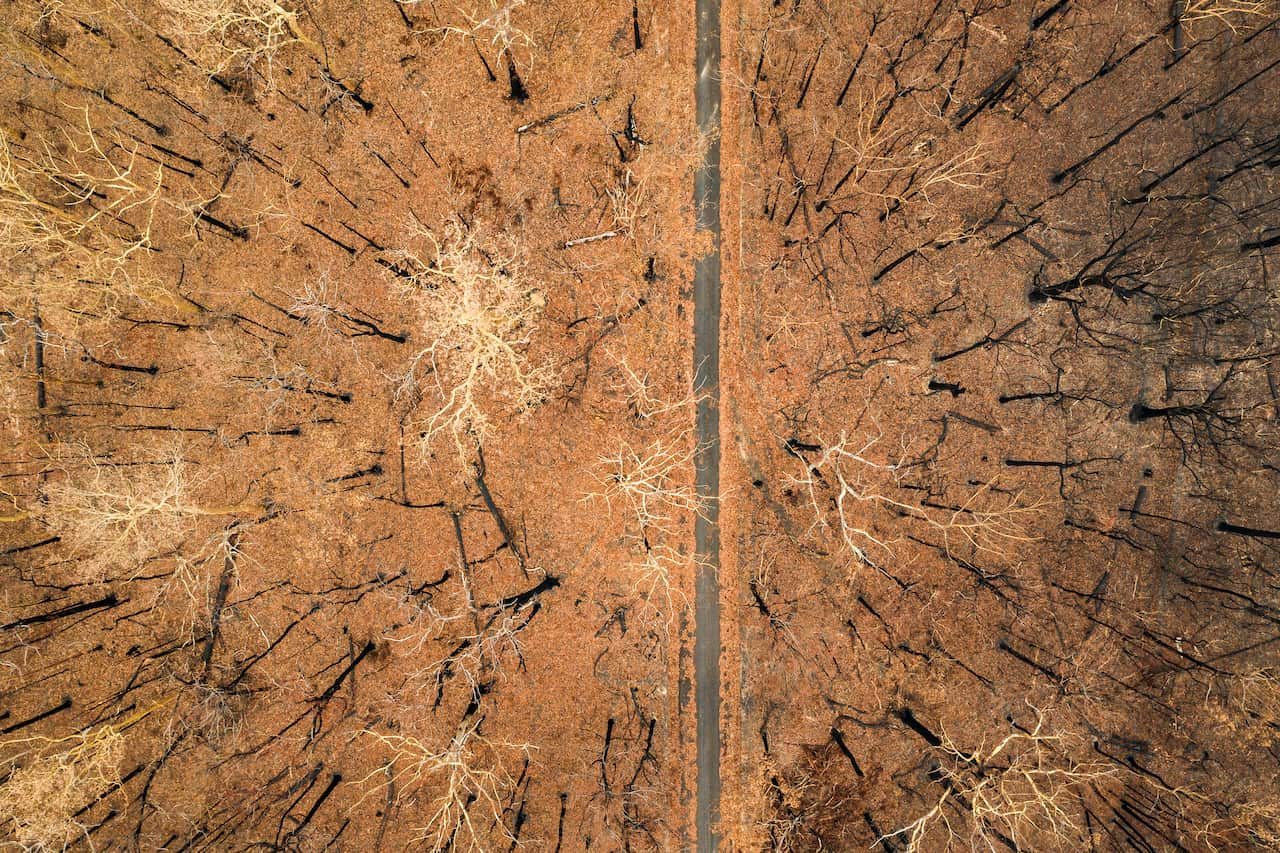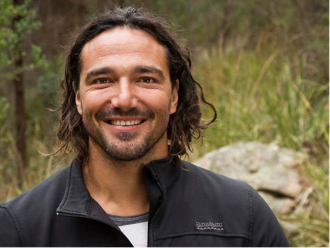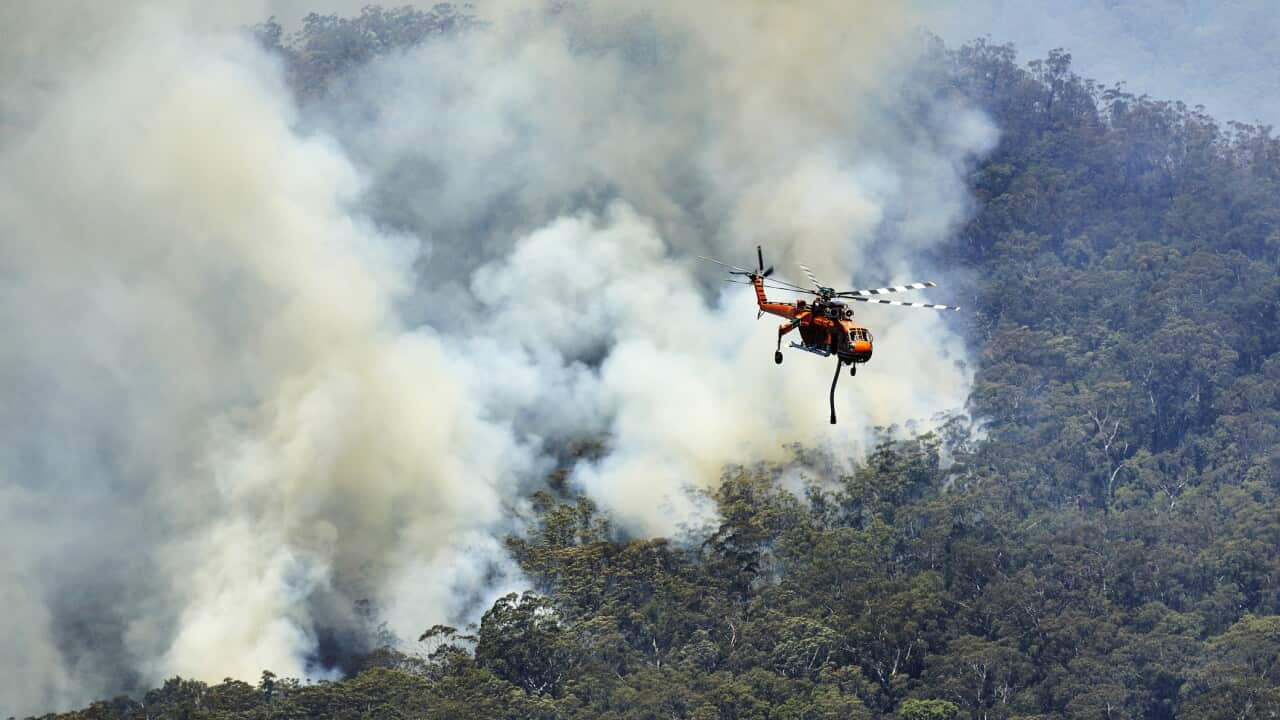The University of Melbourne’s Associate Professor Michael Shawn Fletcher, a Wiradjuri man, has been nominated to deliver the 2020 Narrm Oration.
Delivered in November every year since 2009, the Narrm Oration is recognised in the academic community as a key address that profiles leading Indigenous peoples from across the world in order to enrich ideas about future possibilities for Indigenous Australia.
Prof Fletcher is a physical geographer who is interested in the patterns and processes that shape the world around us, with a particular emphasis on how Indigenous burning has shaped the Australian landscape. In his oration entitled 'Our Country, Our Way: How Indigenous people and knowledge can save Australia’s environmental and social unravelling' he will make a case for human inhabitation on Australia's landscapes.
"We have the fastest rate of biodiversity loss on earth; we have catastrophic bushfires that are increasing in size and intensity and frequency through time, we have a whole bunch of other issues, like mass fish deaths, mangrove deaths, that are thrusting upon us the urgency of understanding this landscape and how to operate in it," he says.

He says Australians, Indigenous and others, are still reeling from the trauma of the last summer's bushfire that is believed to have killed over a billion animals.
This is among the issues that Prof Fletcher is going to tackle in his address on Thursday.
“My people, Aboriginal and Torres Strait Islander people have been operating, with success in this landscape for more than 60,000 years. We have really important knowledge hard-wired into our traditions, into our songlines, into our practice of how to appropriately operate on country in this country,” he tells NITV Radio.
“Country is not just the land around people. It is Us. If you look after country, you are looking after yourself. One of the underpinning philosophies in caring for country in our culture is Healthy Country: Healthy People. If you are managing country, you are managing people.”
'The myth of wilderness'
Prof Fletcher says Australia shouldn't rely on the "antiquated" notion of wilderness where people are separated from the world around us.
"The dualism between nature and culture is really damaging this country. It's bringing in management paradigms that involve minimum human footprint. The answer is not to pull the people out of country but getting the right people on country. "

Science tells us that where people are managing country, it's more diverse, it's healthy, less catastrophic fires. All the stuff that we associate with healhty, biodiverse country falls away once we pull people out.
He says human inhabitation is required to maintain biodiversity on the Australian landscapes.
"The Aboriginal culture has been managing, operating, manipulating, creating, changing landscapes through, fire, through manipulating waterways, through turning soil - all of these sort of things, for more than 3,000 generations," he says.
"If you look at Tasmanian wilderness world heritage area, for example, my research is that it's unequivocally proven that landscape is created by people."
Prof Fletcher contends that many of the environmental problems that Australia faces today can be traced to the effects of the British Invasion and subsequent colonisation of the Australian continent, after the removal of people from country.
"Tracking biodiversity loss began in 1790 - straight after the British invasion. Look at bushfires, they date from the 1850s, and they have increased through to the present," he says.
"Country is not just the world around us; it's us. And if you look after country, you are looking after yourself."




